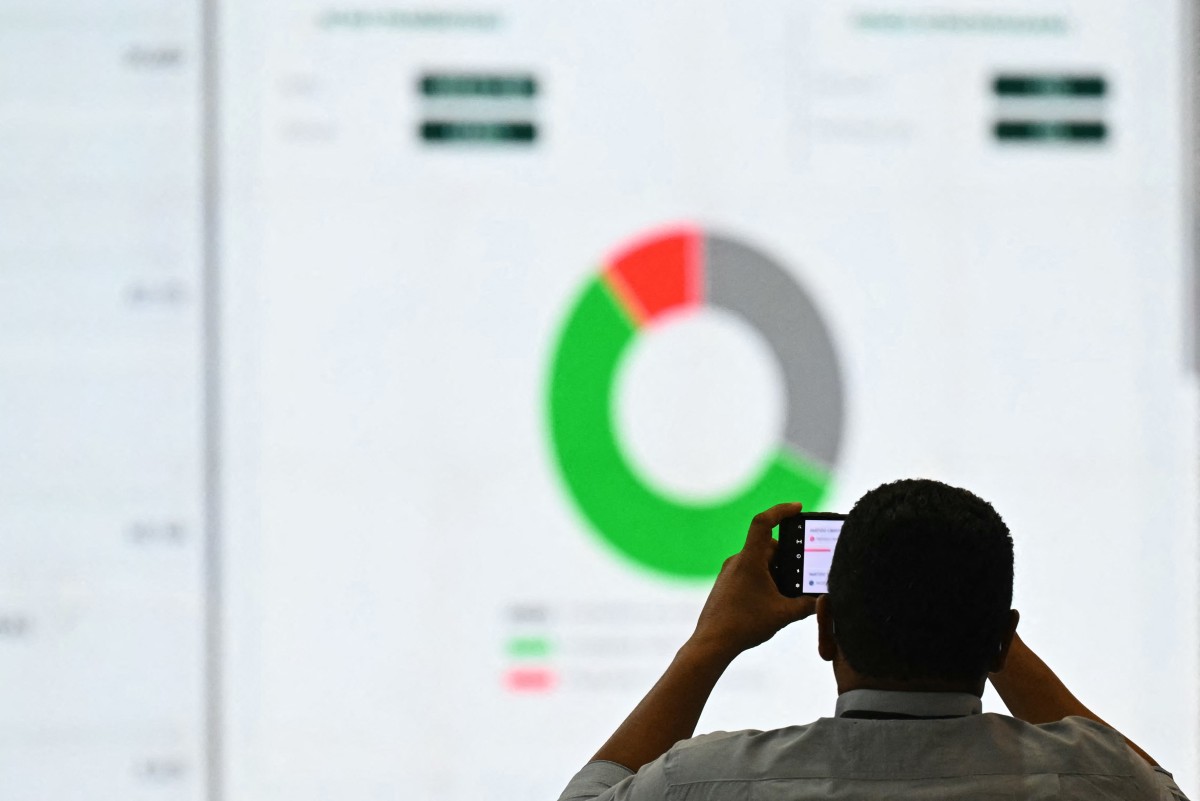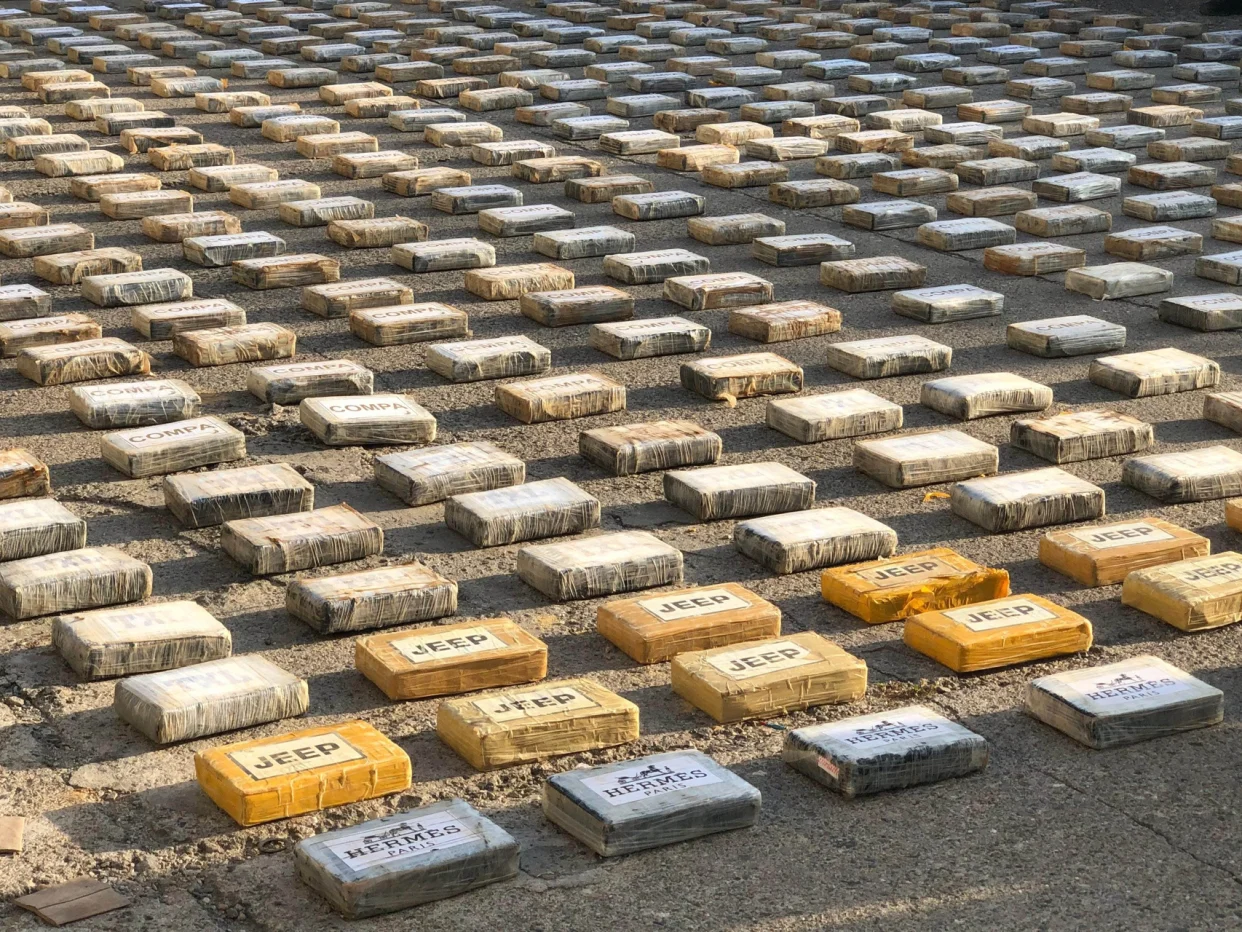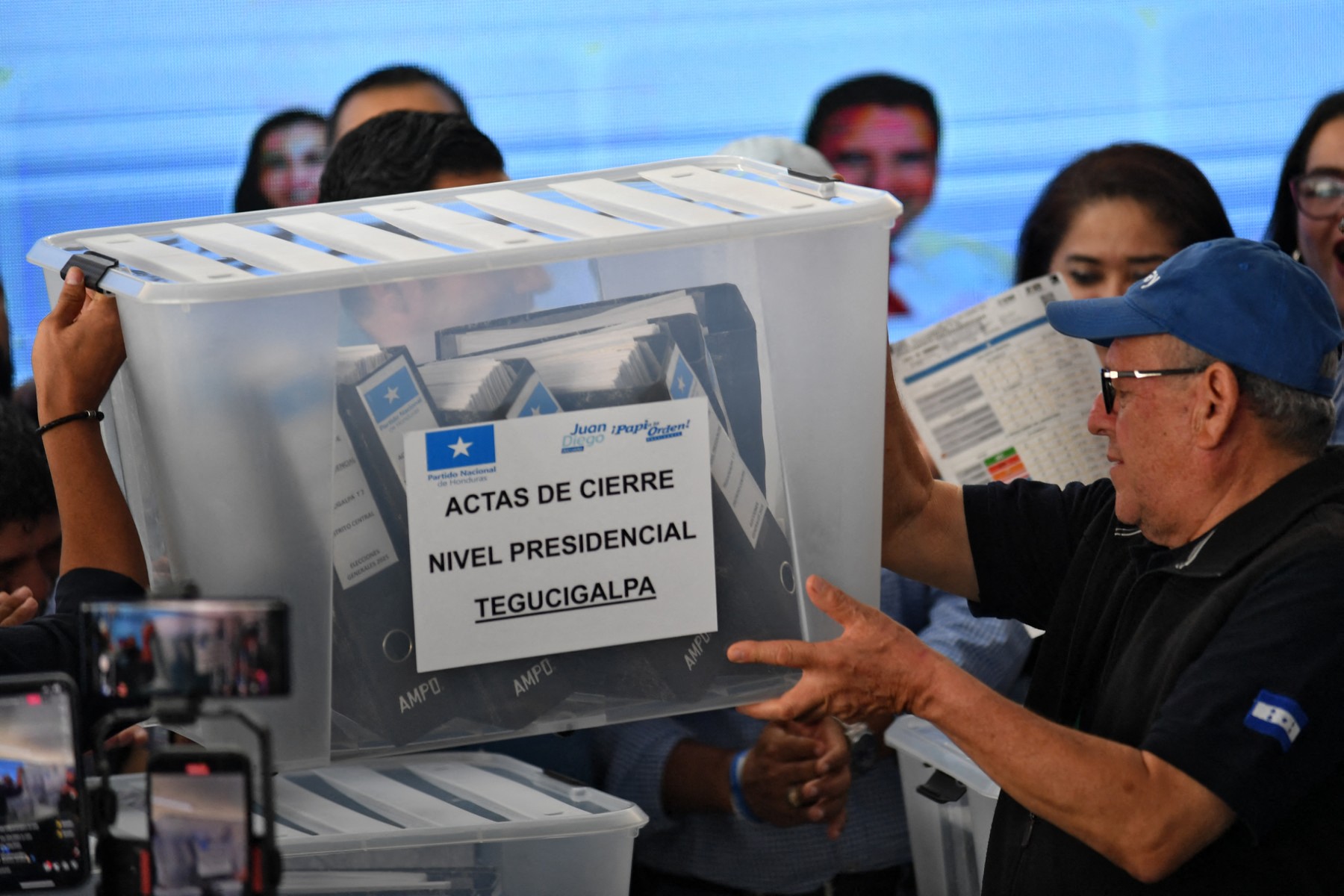Central America
Nicaragua dissident jailed under Ortega dies in prison: family

AFP
Former guerrilla Hugo Torres Jimenez, one of 46 opposition figures jailed since last year by the Nicaraguan government of President Daniel Ortega, died on Saturday, his family said in a statement.
He was 73.
The statement offered few details on Torres’ death but expressed his children’s “deep pain over the death of our beloved father.” It was released by the opposition coalition Blue and White National Unity (UNAB), of which Torres was a member.
A former Sandinista dissident, Torres had been held since June 13, 2021, in El Chipote prison, before being transferred in December to a hospital for treatment, sources said.
Torres had been vice president of the opposition Democratic Renovation Union (Unamos), formerly the Sandinista Renovation Movement, established in 1995 by militants unhappy with Ortega’s leadership.
A retired army general, Torres in 1974 undertook a risky operation to free a group of jailed politicians — including Ortega — being held under the Somoza dictatorship.
But Ortega, who himself has grown increasingly dictatorial as president and as head of the Sandinista National Liberation Front, has accused dozens of opposition figures of conspiring against his government with US backing.
Torres was hailed on Saturday as a “hero” by ex-guerrilla and exiled Sandinista dissident Monica Baltodano.
She told news website 100% Noticias that Torres was “a true hero of the struggles against the dictatorships that have dominated Nicaragua — the dictatorship of Somoza and now the dictatorship of Ortega, which is a brutal and criminal dictatorship.”
Unamos in January had reported that Torres’ health was deteriorating and demanded details from the government. It offered none.
The Washington-based Organization of American States said it “considers the fact of keeping political prisoners, with terminal illnesses and without necessary medical assistance, an abominable act.”
The UN High Commissioner for Human Rights said that for months Torres was “denied freedom in inhumane conditions and subjected to a legal process with no guarantees.”
Torres was one of 46 opposition figures detained last year, most of them before November elections in which Ortega was re-elected for a fourth consecutive term. Among the 46 were seven who had planned to run against Ortega.
All have been accused of undermining national integrity and promoting foreign interference in Nicaragua.
Eighteen have been found guilty in the past two weeks, and seven have been sentenced to prison terms ranging from eight to 13 years.
Central America
OAS urges swift recount in Honduras as election results remain uncertain

The Organization of American States (OAS) electoral observation mission in Honduras reported findings of a “lack of expertise” and “delays” in the vote-counting process, but stated that it found no indications that would cast doubt on the results of the November 30 general elections, according to a report presented to the organization’s Permanent Council.
The delay by electoral authorities in releasing the final results “is not justifiable,” said former Paraguayan foreign minister Eladio Loizaga while reading the report.
Honduras marked two weeks on Monday without knowing who its next president will be, following elections in which conservative candidate Nasry Asfura, backed by U.S. President Donald Trump, holds a lead of less than two percentage points over fellow right-wing contender Salvador Nasralla.
Accusations of fraud have dominated Honduras’ political landscape since polls closed on the last Sunday of November.
In addition to Nasralla’s complaints, the current government led by leftist President Xiomara Castro has described Trump’s support for Asfura as an “electoral coup.”
The U.S. president has warned of “serious consequences” if the current results were to change and strip Asfura, a 67-year-old businessman, of his lead.
Although more than 99 percent of the votes have been counted, nearly 2,800 tally sheets contain “inconsistencies” and must be reviewed through a special recount, the National Electoral Council (CNE) said.
“The Mission urgently calls on the electoral authorities to immediately begin the special recount and to pursue all possible avenues to obtain official results as quickly as possible. The current delay in processing and publishing the results is not justifiable,” the head of the OAS mission told members of the organization.
Central America
Panama seizes over three tons of drugs hidden in Caribbean port container

Panama’s National Air and Naval Service (Senan) reported on Sunday the seizure of more than three metric tons of drugs that were concealed inside a shipping container at a port terminal on the country’s Caribbean coast.
According to a statement posted on X, Panamanian aeronaval authorities confirmed the confiscation of 3,205 packages of a suspected illicit substance hidden inside a container in transit through Panama, at a port facility in the Caribbean province of Colón. Each package typically weighs approximately one kilogram.
Earlier this week, Senan agents also seized an additional 2.2 metric tons of drugs and arrested five individuals, including a Colombian national, in separate operations linked to drug trafficking activities.
Panama serves as a major transit route for drugs produced in South America and destined mainly for the United States — the world’s largest consumer of cocaine — and Europe. According to official figures, Panamanian authorities seized approximately 80 metric tons of illicit substances in 2024.
Central America
Honduras election crisis deepens as CNE president denounces intimidation attempts

Tegucigalpa remains engulfed in a deep post-electoral crisis, marked by the absence of final results from the general elections held on November 30. On Thursday, the presiding counselor of the National Electoral Council (CNE), Ana Paola Hall, publicly denounced acts of intimidation that she warned could jeopardize the final phase of the process.
Following a meeting with the G-16+ diplomatic corps, Hall expressed concern over two specific incidents: a call by former president Manuel Zelaya summoning supporters of the Libre Party to gather outside the INFOP facilities—where electoral records and materials are being safeguarded—and a statement issued by the Permanent Commission of Congress accusing her and counselor Cossette López of alleged electoral crimes, an action she described as “baseless and outside their jurisdiction.”
Hall reaffirmed her institutional commitment and warned that she will not allow interference in the announcement of the results. “Honduras comes first,” she emphasized, underscoring her intention to defend the electoral process as a cornerstone of democracy.
Meanwhile, the preliminary results place Nasry ‘Tito’ Asfura, candidate of the National Party, in the lead with 40.52%of the vote, followed closely by Salvador Nasralla of the Liberal Party, with 39.48%. The ruling party’s candidate, Rixi Moncada of Libre, is in third place with 19.29%. Around 0.6% of the tally sheets—many of them showing inconsistencies—have yet to be reviewed.
The Organization of American States (OAS) called an extraordinary session of its Permanent Council to analyze the situation, while civil organizations and governments such as Paraguay’s urged respect for the popular will.
Honduran President Xiomara Castro accused the United States, and specifically former president Donald Trump, of obstructing the process, while also denouncing threats from gangs against voters aligned with her party.
-

 International4 days ago
International4 days agoWashington declares State of Emergency as atmospheric river brings severe flooding
-

 International4 days ago
International4 days agoU.S. to require five-year social media history from tourists under Visa Waiver Program
-

 International3 days ago
International3 days agoCuba battles out-of-control dengue and chikungunya epidemic as death toll rises to 44
-

 Central America3 days ago
Central America3 days agoHonduras election crisis deepens as CNE president denounces intimidation attempts
-

 Central America4 days ago
Central America4 days agoOAS and EU urge honduran political actors to respect vote results and avoid unrest
-

 International3 days ago
International3 days agoColombia says it would not reject Maduro asylum request as regional tensions escalate
-

 International2 days ago
International2 days agoSeveral people shot in attack on Brown University campus
-

 International3 days ago
International3 days agoEcuador on track for record violence as homicides hit highest level in Latin America again
-

 International4 days ago
International4 days agoSix ecuadorian soldiers jailed pending trial for alleged extrajudicial execution
-

 International2 days ago
International2 days agoU.S. and Mexico Reach Deal to Address Water Deficit Under 1944 Treaty
-

 Central America12 hours ago
Central America12 hours agoPanama seizes over three tons of drugs hidden in Caribbean port container
-

 International7 minutes ago
International7 minutes agoPolice investigate deaths of Rob Reiner and wife as apparent homicide
-

 Central America10 minutes ago
Central America10 minutes agoOAS urges swift recount in Honduras as election results remain uncertain


























